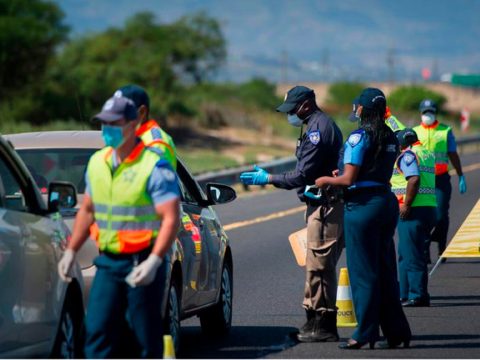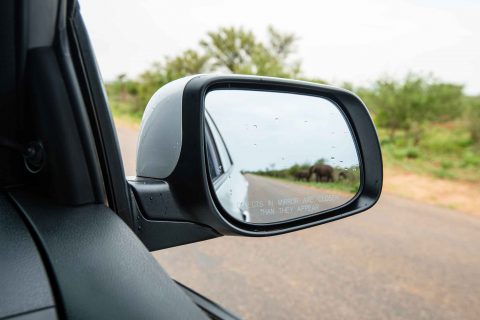Safety and Security
Save Lives, Drive Safe
TV screens, billboards and print ads are often awash with road safety messages from senior government officials, right up to the president himself. But after various holiday seasons, the messages taper off and the road death statistics remain stubbornly high.
In 2010, as a participant of the United Nations Decade of Action of Road Safety 2011–2020, South Africa endorsed the global undertaking to save up to 5 million lives and contribute to the prevention of up to 50 million serious injuries by 2020. Yet, according to government statistics, on-the-road fatalities have remained too high and steady at about 13 000–14 000 per year. In fact, says the CEO of the Justice Project, Howard Dembovsky, the figure is closer to 20–21 000 people. “That figure comes from counting bodies in mortuaries,” he says, citing medical journal, The Lancet,
It’s a situation that needs attention, not only because it’s a human tragedy of almost unimaginable scale, but it also has enormous economic impact, says Automobile Association (AA) spokesperson Layton Beard. He says road accidents cost SA R168-million annually.
“There is no quick fix, though,” Beard says.
“The solution needs to be holistic,” says Dembovsky. “Everything needs to be done in tandem. If you fail in one area, the whole intervention falls apart.”
Educating the public
SA needs better road safety education, says Beard. And it’s not only adults that need to be educated, children also need to understand road safety.
Dembovsky emphasises the quality of the education to ensure quality drivers – SA needs to improve its road safety education, which he says, is often outdated. The K53, for instance, needs an overhaul – learners are not even taught how to change a tyre or how to handle a breakdown, an aspect that is compulsory in developed countries.
“If the foundation is broken, everything you build on it will be broken,” he says.
Quality Instructors
The government should ensure driving instructors are trained formally. “There is no formal accreditation, Dembovsky points out. “As long as you drive the same class of licence, you are allowed to teach someone how to drive. But, if you are a poor driver and you teach someone to drive, you will teach them your bad habits.”
Driving schools also need to be accredited as there are too many fly-by-night companies. Fortunately, he says, the Road Traffic Management Corporation (RTMC) is trying to address this issue.
Safe vehicles
While human error is a significant contributor to accidents, the need for safe vehicles should not be underestimated. International standards such as the Euro NCAP take into account a vehicle’s risk to pedestrians as well as the driver and passengers. In many countries, for example, bullbars are banned for this reason.
“There are many cars in SA that don’t have a single star in the Euro NCAP car safety rating,” Dembovsky says, adding that the minister of transport should declare a minimum standard for safety in cars.
Law enforcement
Roads are more deadly than HIV or murder, particularly in the Global South, according to a recent report in The Economist. The single most valuable proven solution, it claimed, is effective law enforcement.
Both Beard and Dembovsky believe law enforcement in South Africa needs an overhaul. Beard says the government should professionalise traffic officials and pump resources into enforcement, while Dembovsky says law enforcement should visible and there should be stringent consequences for infringements.
The focus of law enforcement is often speed – a traffic officer sets up a camera hidden in the bushes to trap speedsters. “It is essentially permission to speed if you will pay for it,” Dembovsky says. “This is the wrong message to send; enforcement should be inconvenient for errant drivers.”
The demerit system, which would see drivers lose their licence for racking up fines, could tackle that. Other interventions include ensuring that experts are used to provide policy direction and best practice, and that good, strong leaders are in charge of implementing solutions.






 Sign-up and receive the Business Media MAGS newsletter OR SA Mining newsletter straight to your inbox.
Sign-up and receive the Business Media MAGS newsletter OR SA Mining newsletter straight to your inbox.